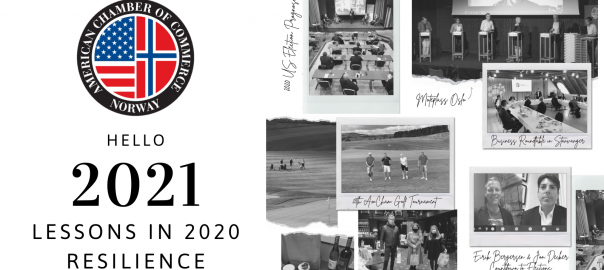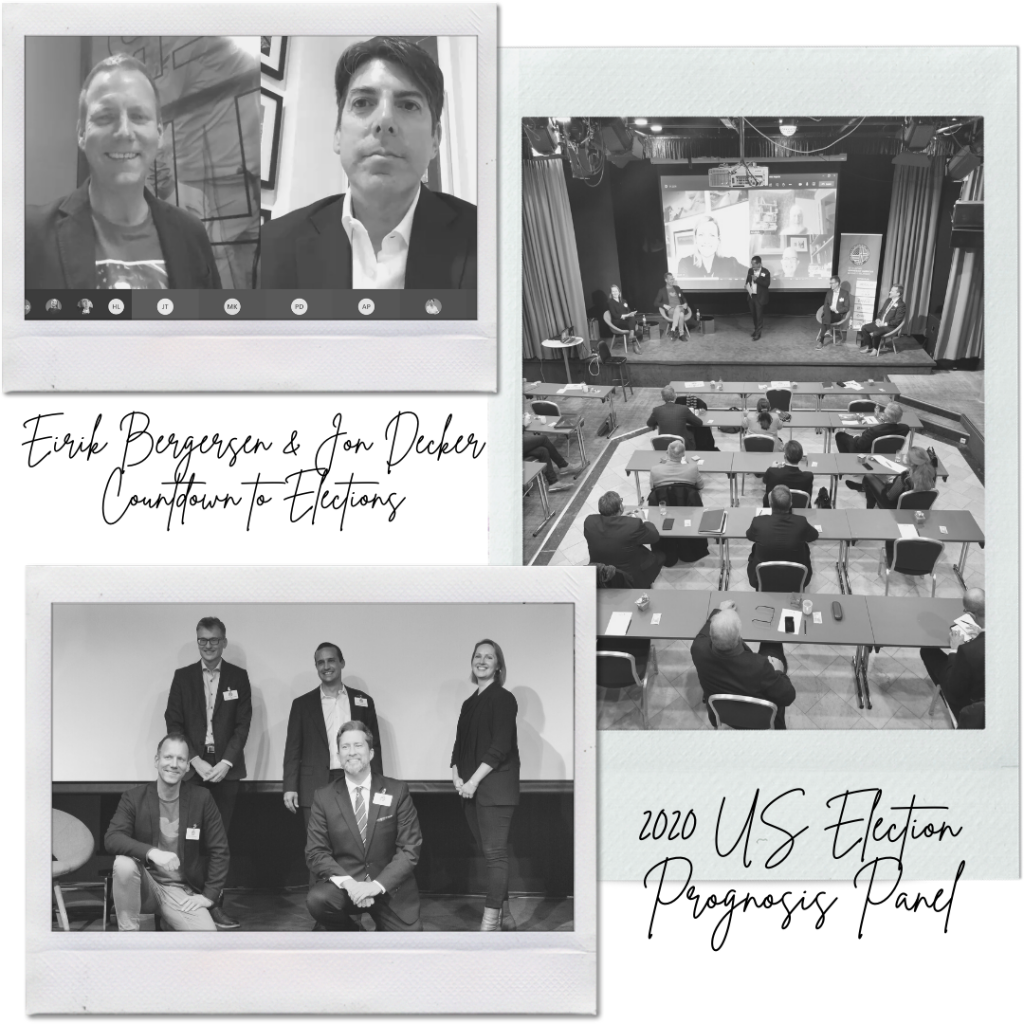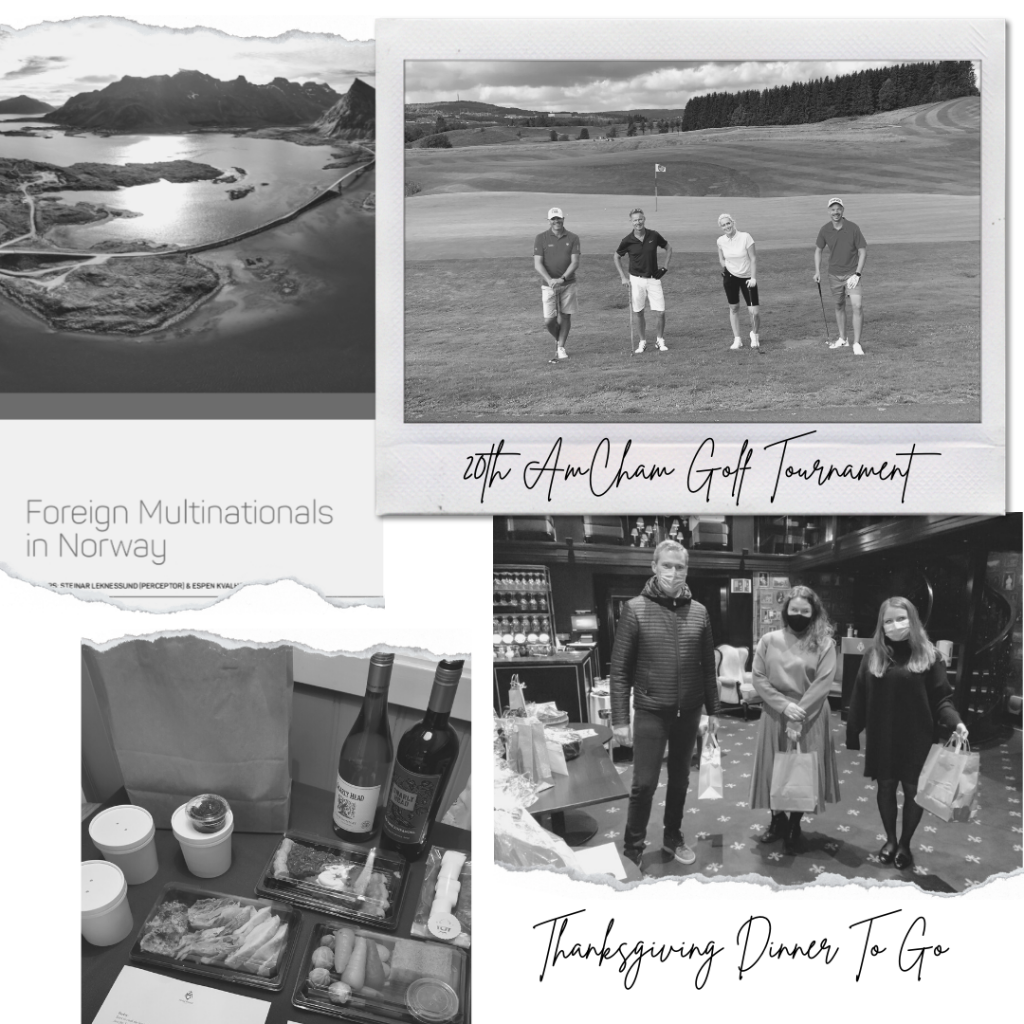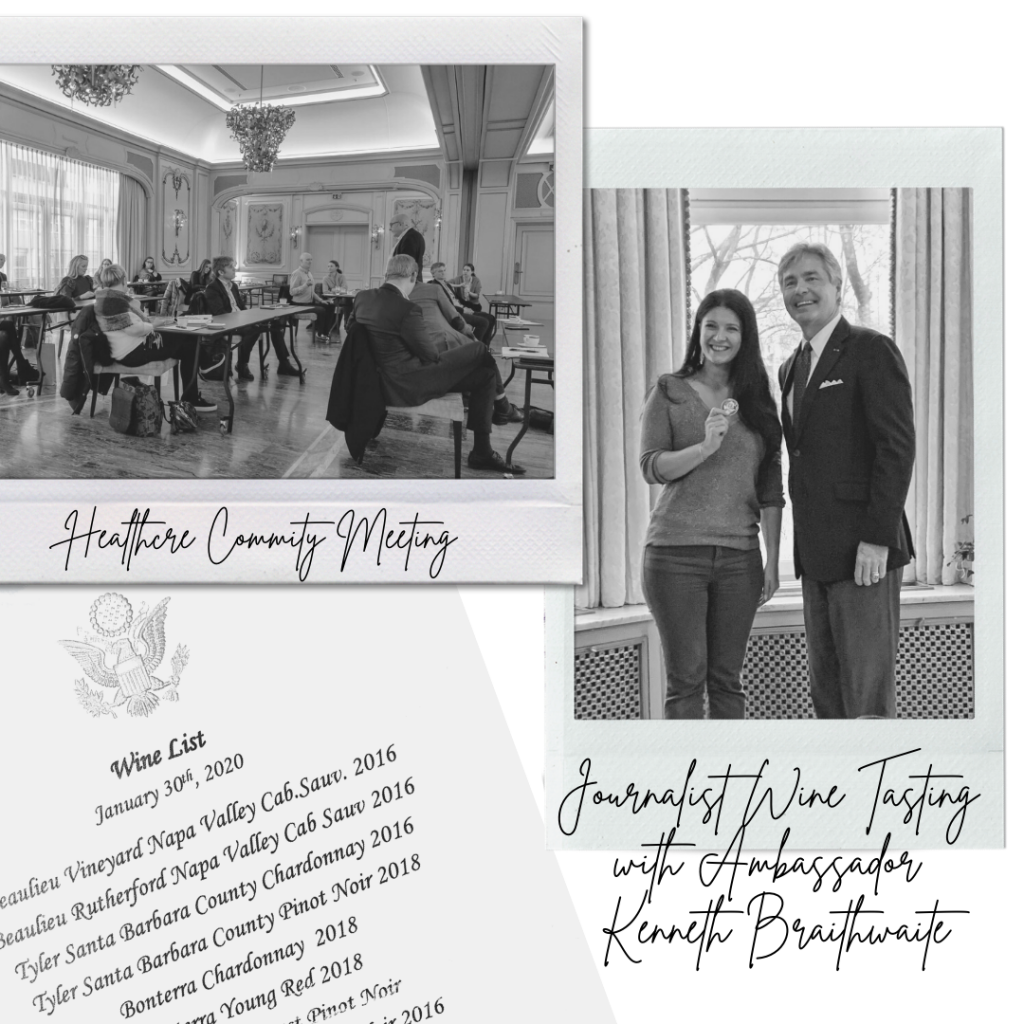To retool for the world of tomorrow, companies should stay on top of these critical digital trends.
- From edge AI, 5G and automated artificial intelligence, to rising momentum for next-gen talent management and technology supporting sustainability, these are the tech trends that gained power in 2020.
- Digital shifts are opening new opportunities in advanced manufacturing, financial services, healthcare, retail, consumer products, media and technology.
Necessity being the mother of (re)invention, the Covid-19 crisis has dramatically accelerated corporate digital transformation. As companies hurry to develop new digital capabilities in an effort to build resilience and retool for the post-pandemic world, keeping up with fast-moving technology trends is critical.
To monitor the most important trends, Bain & Company met regularly this year with a carefully selected group of over 100 technology companies and start-ups. Hunting for today’s most relevant technologies and tech applications, we hit on 10 trends that are already having an impact on a wide range of industries. From AI on the edge and 5G ushering in Industry 4.0, to automated artificial intelligence (AI) powering the financial industry, to cognitive science and gamification helping win the war for talent, these technology applications are creating big opportunities in the era of the digital enterprise.
Edge AI transplants brains to factory tools and machinery.
Considered the next wave of artificial intelligence, “edge AI” or “AI on the edge” is a network infrastructure that makes it possible for AI algorithms to run on the edge of a network, meaning closer to or even on the devices collecting the data. The sudden and dramatic changes in network traffic that have accompanied Covid-19 lockdowns and the shift to working from home are likely to accelerate the move already underway toward edge computing.
Benefits of edge computing include preserving bandwidth and increasing efficiency by processing information closer to the users and devices that require it, rather than sending that data for processing in central locations in the cloud. By embedding AI locally, manufacturers can reduce latency issues and accelerate the generation of insights while lowering cloud services usage and cost. Connectivity cost also drops, as processing part of the data locally reduces bandwidth and cellular data usage. And because intelligence is being run locally, plants located in remote areas with poor communication infrastructure are less subject to connectivity losses that can hinder mission-critical and time-sensitive decision making.
As Prometheus stole fire from the gods and brought it to men, edge AI “steals” part of the intelligence from the cloud and brings it to machinery. Octonion, a start-up that integrates artificial intelligence into low-power microcontrollers, exemplifies how intelligence can be imbued into industrial products. The technology helps companies make smart decisions in real time, locally, by using continuous learning models and machine health scores. Examples include deploying edge AI on industrial motors and pumps to improve monitoring and develop predictive maintenance capabilities.
5G factory revolutionizes manufacturing.
The World Economic Forum, citing IHS Markit research, expects the fifth-generation mobile network, 5G, to reach a global economic output of $13.2 trillion and generate 22.3 million jobs by 2035. By unlocking a new realm of technological possibilities, the global wireless standard is expected to notably accelerate the shift toward Industry 4.0, the industrial Internet of Things.
Capable of meeting the power requirements of millions of connections to data-intensive applications, 5G is expected to boost the manufacturing industry with new and more powerful digital capabilities. Up to 100 times faster than 4G, 5G offers drastically reduced latency that makes it possible to share data extremely quickly, erase processing delays and ensure factory systems can react in real time. The reliability of 5G connectivity guarantees a stable and constant network connection anywhere and at any time on factory floors, ensuring the continuous and unhindered execution of business-critical missions. 5G could even usher in an era of massive machine-type communication (communication between machines).
One interesting early application is a collaboration between IBM, Samsung Electronics, Singaporean telecommunications company M1 and Singapore’s Infocomm Media Development Authority to test 5G manufacturing use cases. The concept is to improve equipment monitoring and predictive maintenance by using AI in image recognition and video analytics, facilitating automated visual inspection and acoustic insights. In addition, the group is testing augmented reality’s ability to boost productivity and quality in assembly.
Read full article






